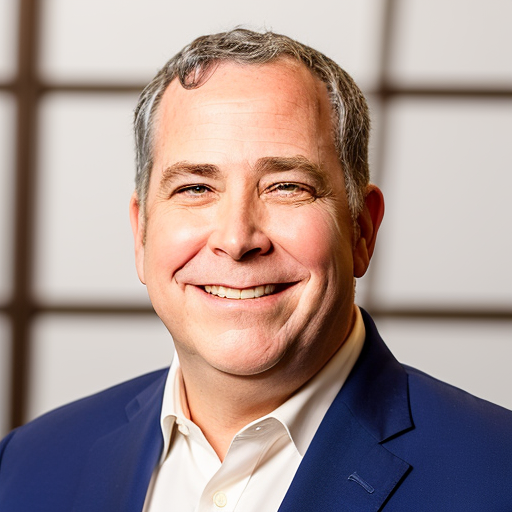Professor projects impacts of Ryan White funding cuts
The Ryan White HIV/AIDS Program (RWHAP) is the largest federally funded initiative dedicated to supporting low-income and uninsured Americans with HIV. As questions loom about continued funding for the program, Professor Scott Batey, PhD, MSW, has co-authored a new report on the quantitative implications of federal budget cuts.
His study, “The Potential Impact of Ending the Ryan White HIV/AIDS Program on HIV Incidence: A Simulation Study in 31 U.S. Cities,” suggests that HIV incidence would steeply increase if RWHAP funding were interrupted or ended.
Of the cities in the study, New Orleans is expected to see the second-highest percentage of excess HIV infections if RWHAP is halted. On average, the city can expect a 91% increase in HIV infections from 2025 to 2030 if the program is stopped completely.
RWHAP, which addresses not only direct medical needs but also the social determinants of health that impact HIV treatment, supports more than 600,000 people nationwide. Dr. Batey, who also chaired the New Orleans Regional AIDS Planning Council from 2023 to 2025, hopes the publication will highlight the program’s impact.
“I am hopeful that this research can be used at the organizational and community levels to advocate for continued RHWAP funding without cuts, as well as to plan for the future of HIV treatment with and without RWHAP support,” said Batey.
The simulation projects the number of HIV infections cities should expect as a result of short-term, long-term, and permanent terminations of RHWAP. In addition to a city-by-city comparison, researchers looked at demographic increases by age, race, and Medicaid expansion status. Cities in Medicaid expansion states saw nearly 10% fewer infections than those in nonexpansion states upon total cessation of RWHAP.
“Disease simulations allow social work and public health policy researchers to plan responses at the policy, community, organizational, and individual levels in advance of the actual occurrence,” Batey said. “I do not believe that we can end the HIV epidemic without a critical understanding of public policy impacts on people with HIV and the healthcare systems in which they receive their medical care.”
Despite policy changes and threats to funding, Batey says his commitment to HIV research has only been solidified over the past few years.
“This is where the battle is, and, thus, this is where I belong. I would advise students and clinicians to stay vigilant, not lose hope, and stay laser-focused on each individual life that your work is positively impacting,” Batey said. “Social workers are uniquely prepared—and, in fact, charged to—advocate for social and economic justice.”

